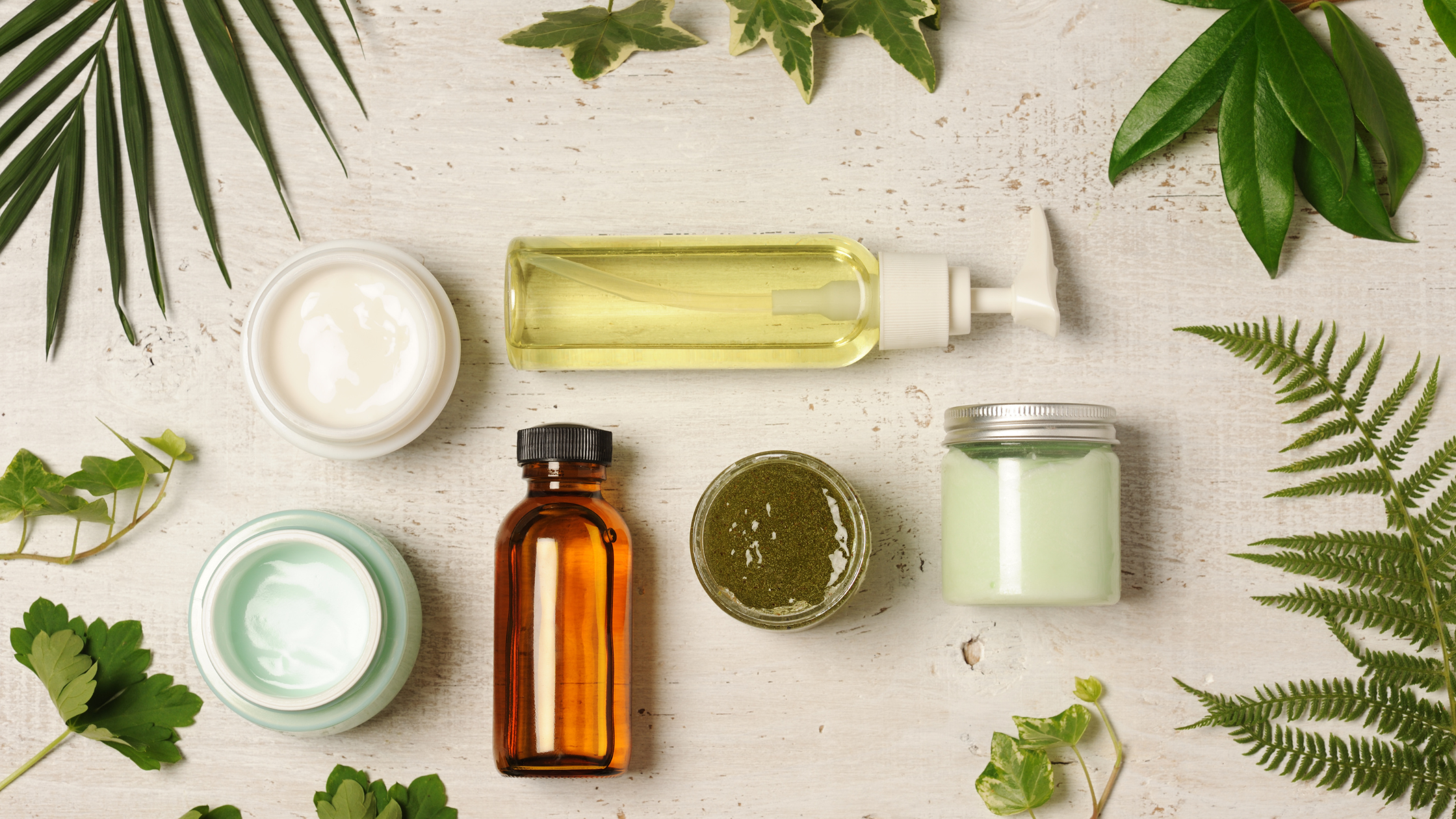Choosing the right skincare formulation is a critical step in the success of any beauty brand. The formulation you select not only defines the efficacy of your product but also shapes your brand's identity and market appeal. In this guide, we'll discuss the key factors to consider when selecting a skincare formula, including skin type, target market, and ingredient preferences, to ensure your product resonates with your audience and meets their needs.
Understanding Your Target Market
Before diving into the specifics of skincare formulations, it’s essential to have a clear understanding of your target market. Who are your customers? What are their skincare needs and preferences? Conducting thorough market research will help you identify your audience’s demographics, such as age, gender, and lifestyle, which will directly influence your formulation choices. For example, younger consumers may prefer lightweight, oil-free products, while an older demographic may seek anti-aging ingredients like retinol and peptides.
Identifying Skin Types and Concerns
Skincare is highly personal, and what works for one person may not work for another. Understanding the different skin types and their unique concerns is vital in formulating a product that delivers results. The most common skin types include:
- Dry Skin: Requires formulations with hydrating ingredients like hyaluronic acid, glycerin, and ceramides.
- Oily Skin: Benefits from lightweight, non-comedogenic formulas that help control sebum production.
- Combination Skin: Needs balanced formulations that hydrate without clogging pores.
- Sensitive Skin: Demands gentle, fragrance-free formulations with soothing ingredients like aloe vera and chamomile.
- Normal Skin: Can tolerate a wider range of ingredients, making formulation choices more flexible.
Additionally, consider specific skin concerns such as acne, aging, or hyperpigmentation. Tailoring your formulation to address these issues will help your brand stand out in a crowded market.
Choosing the Right Ingredients
The ingredients you choose are the cornerstone of your skincare formulation. Whether you opt for natural, organic ingredients or synthetic compounds, it’s crucial to select those that align with your brand’s values and meet consumer demand. Natural ingredients like plant extracts and essential oils are popular for their perceived safety and eco-friendliness. On the other hand, synthetic ingredients can offer consistency, stability, and sometimes superior efficacy.
Key ingredients to consider for various skin concerns include:
- Hyaluronic Acid: Hydrates and plumps the skin, ideal for dry and aging skin.
- Salicylic Acid: Helps clear acne and prevent breakouts, perfect for oily and acne-prone skin.
- Niacinamide: Reduces inflammation and improves skin elasticity, suitable for sensitive and aging skin.
- Vitamin C: Brightens the skin and reduces hyperpigmentation, a must for anti-aging and brightening products.
- Peptides: Stimulate collagen production, making them excellent for anti-aging formulations.
Formulation Types: Creams, Serums, Gels, and More
Once you’ve identified the key ingredients, the next step is to decide on the type of formulation. The form your product takes—whether a cream, serum, gel, or lotion—affects its application, absorption, and efficacy. Creams are typically more moisturizing and suited for dry skin, while serums, with their lightweight texture, are ideal for delivering concentrated ingredients directly to the skin. Gels are often preferred by those with oily or acne-prone skin due to their non-greasy finish.
Choosing the right formulation type also involves considering the texture and delivery system that will best suit your target market’s needs. For example, anti-aging products might benefit from an emulsion-based cream that provides deep hydration, while a brightening product might be more effective as a fast-absorbing serum.
Considering the pH Balance
The pH level of your skincare product plays a crucial role in its effectiveness and safety. The skin’s natural pH is slightly acidic, usually around 5.5, which helps maintain its barrier function and protect against harmful bacteria. Skincare products with a pH that is too high or too low can disrupt this balance, leading to irritation or ineffective results. Therefore, it’s important to choose formulations with a pH that complements the skin’s natural balance, particularly for products targeting sensitive skin.
Packaging and Preservation
Packaging is not just about aesthetics—it also plays a significant role in preserving the efficacy of your skincare formulation. Air-tight, UV-protective packaging can prevent the degradation of sensitive ingredients like Vitamin C and retinol. Additionally, sustainable and eco-friendly packaging is increasingly important to consumers who prioritize environmental responsibility.
Preservatives are another essential consideration. They prevent the growth of harmful bacteria and mold in your product, ensuring it remains safe for use over its shelf life. However, choosing preservatives that are effective yet gentle is key to maintaining product integrity without causing irritation.
Sustainability and Ethical Considerations
Today’s consumers are more conscious of the ethical and environmental impact of their purchases. As such, choosing sustainable and cruelty-free ingredients can enhance your brand’s appeal. Consider formulations that use sustainably sourced ingredients, avoid animal testing, and minimize environmental impact. Certifications such as organic, fair trade, or cruelty-free can further bolster your brand’s credibility and attractiveness to ethically-minded consumers.
Working with Formulation Experts
Creating a successful skincare product often requires expertise beyond basic ingredient knowledge. Collaborating with experienced formulation chemists can help you develop products that not only meet your vision but also comply with industry standards. Clear communication with your formulation team about your brand’s goals, target market, and product requirements is essential for success.
Testing and iteration are also crucial parts of the formulation process. Be prepared to tweak your product based on feedback from both your team and your target audience.
Regulatory Compliance and Safety
The skincare industry is heavily regulated to ensure consumer safety. It’s vital to understand the regulatory requirements in your target market, whether you’re selling domestically or internationally. This includes ensuring your formulations comply with ingredient restrictions, labeling requirements, and safety testing protocols.
Partnering with formulation experts who are well-versed in these regulations can help you navigate this complex landscape and avoid costly mistakes.
Case Studies: Successful Brands and Their Formulation Choices
Looking at successful skincare brands can provide valuable insights into the importance of choosing the right formulation. For example, brands that have focused on niche markets, such as organic or vegan skincare, have thrived by aligning their formulations with consumer values and trends. Examining these case studies can offer inspiration and lessons for your brand’s formulation journey.
Testing and Feedback
Before launching your product, it’s crucial to conduct thorough testing. This includes stability testing to ensure your formulation maintains its integrity over time, as well as user testing to gather feedback on performance, texture, and scent. This feedback is invaluable for making final adjustments and ensuring your product meets consumer expectations.
Scaling Your Product Line
As your brand grows, you may want to expand your product offerings. When scaling your product line, it’s important to maintain the same level of quality and consistency across all formulations. This might involve working closely with your formulation team to develop new products that align with your brand’s existing range while exploring new market opportunities.
Conclusion
Choosing the right skincare formulation is a multifaceted process that requires careful consideration of your target market, skin types, ingredient preferences, and ethical values. By taking the time to thoroughly research and collaborate with formulation experts, you can create a product that not only meets the needs of your consumers but also elevates your brand’s reputation in the competitive skincare market. Remember, the formulation you choose today will define the success of your brand tomorrow.
FAQs
-
What is the most important factor in choosing a skincare formulation?
Understanding your target market’s skin type and concerns is crucial for selecting the most effective and appealing formulation.
-
Can I mix different skincare formulations for my brand?
Yes, but it’s important to ensure that the ingredients in each formulation are compatible and that the final product remains stable and effective.
-
How do I know if a formulation is right for sensitive skin?
Look for formulations that are free from common irritants such as fragrances, parabens, and sulfates, and consider including soothing ingredients like aloe vera and chamomile.
-
What are the latest trends in skincare formulations?
Trends include the use of natural and organic ingredients, sustainability and multifunctionality.
-
How important is packaging in maintaining the quality of skincare formulations?
Packaging is crucial for protecting the product from degradation caused by light, air, and contaminants. Choosing the right packaging can extend the shelf life and maintain the efficacy of the skincare product.



